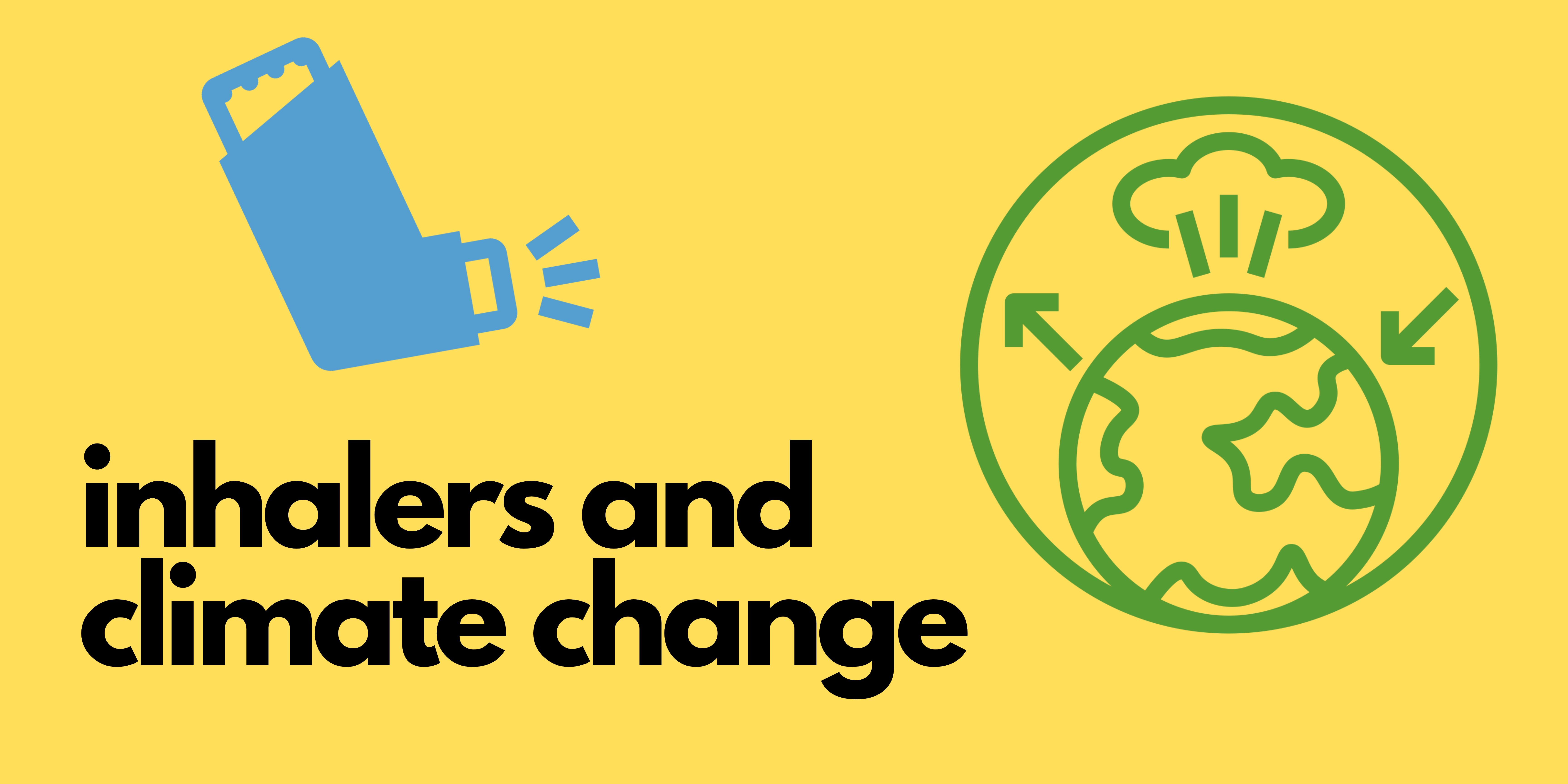Medications can sometimes cause negative experiences for some people. But how do you know if these reactions are an allergy or an intolerance to a medication? Knowing the difference is very important for a few reasons. First it helps your health care professional manage the reaction appropriately. Secondly, if it is a true drug allergy, it would be important to not only avoid the medication you reacted to, but also avoid similar medications that can cause the same reaction. Reviewing your drug allergies with your pharmacist and health care provider can help prevent future drug reactions.
Drug allergies
Drug allergies can range from a mild skin rash to a life-threatening reaction called anaphylaxis which causes difficulty breathing, hives, swelling of the eyes and lips. These occur when our body’s immune system creates an abnormal response to a medication and they typically start after the first few doses of taking a new medication. Examples of common drugs that can cause an allergic drug reaction include:
- Antibiotics such as penicillins and “sulfa” antibiotics
- Anti-inflammatory drugs (or NSAIDs) such as Aspirin (or ASA)
- Anti-seizure medications such as carbamazepine
- Ensure your drug allergies and intolerances are consistent with your doctors office and pharmacy so that everyone is on the same page
- Provide details of any drug reaction (ie. when did the reaction occur, what did it look like, how long did it last, how did it resolve)
- If you are allergic to a specific antibiotic, have you tried other ones that you tolerated well? Mention these to your health care provider
- Write down your drug allergies and ensure this list is kept on you and up-to-date
- Consider getting a medical ID bracelet (ie. MedicAlert) for severe drug allergies
- Consider getting tested for drug allergies and seeing an allergist if you have multiple drug allergies



0 Comments